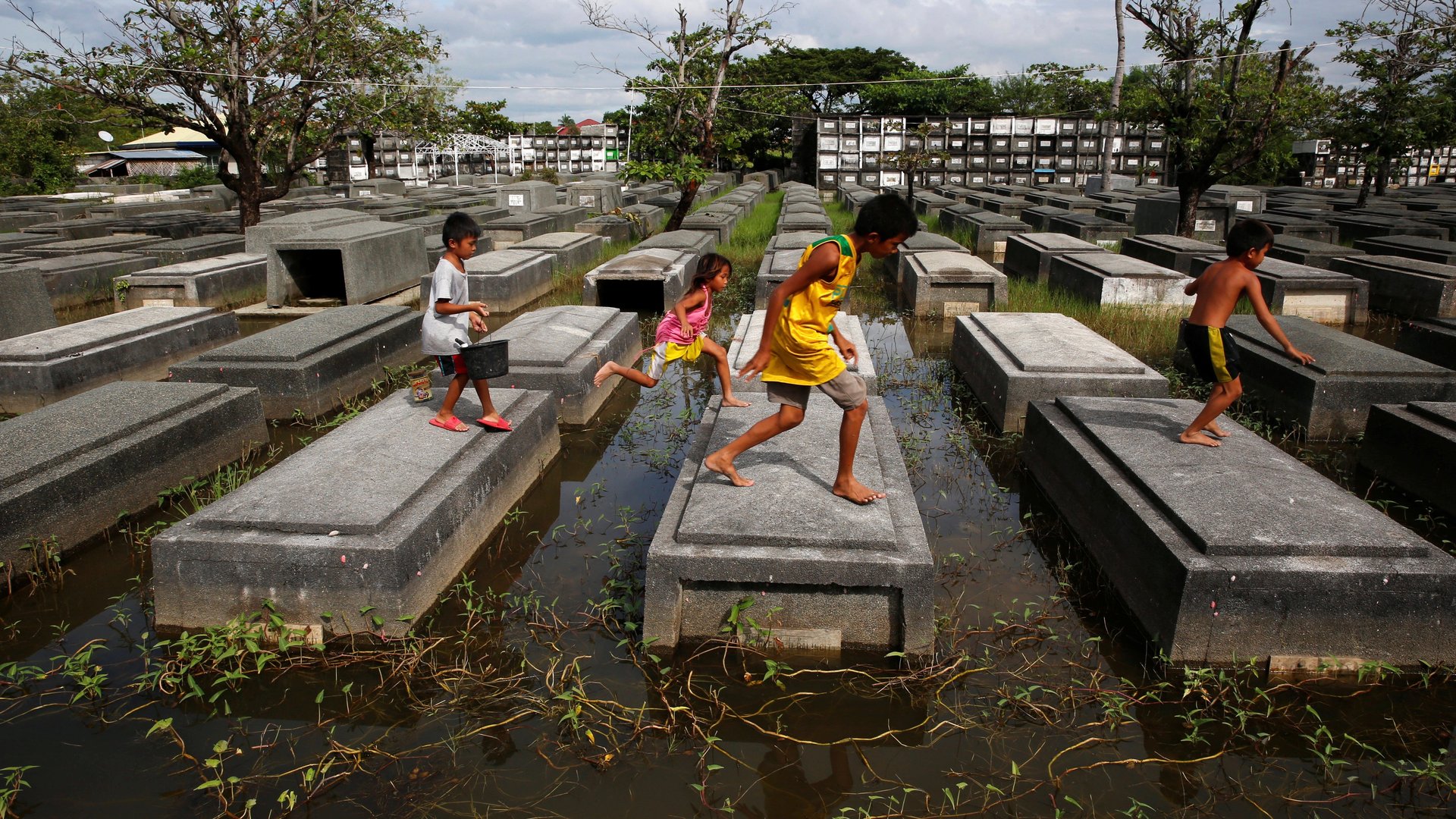Thinking about death is uplifting and makes life more fun
Dear Friend,


Dear Friend,
By the time you read this, I may be dead. Please don’t worry. I’m not sick or sad. But I might die any minute, like any of us can. I mean, you could die soon too, any minute. Oh—sorry! Was that rude? I mean this all in a spirit of goodwill: I find contemplating my demise delightful, and there’s scientific proof it can be for you, too.
If you assiduously avoid considering the end because you’re afraid of death, you may be wasting an opportunity. After all, death is what gives life its delicious edge. Laura King, professor of psychological sciences at the University of Missouri, Columbia, studied life and death from an economics perspective, as commodities. Her research showed that death awareness enhances appreciation of life.
Death represents the scarcity of life, and understanding life as a scarce commodity enhances existence, according to King. The prospect of the end is what makes existence precious and we already know this. King explained in The Atlantic:
If life never ended, think about it, right? Isn’t that like every vampire story or sci-fi movie? If you live too long, after a while, you just lose it. Life no longer has any meaning, because it’s commonplace.
Too much of a good thing decreases its value. This principle applies to any commodity, but especially one as precious as life. It’s always tentative—even when you’re healthy and young and everything’s going your way, something or someone could end it all. Yet the constant threat of death is what makes even the most mundane life amazing. And so embracing death, rather than fearing it, helps us find pleasure in living.
It’s an idea that can feel uncomfortable, depending on your culture or religion. According to psychologist Sheldon Solomon, who co-wrote The Worm at the Core: On the Role of Death in Life, Americans are particularly prone to distracting themselves from the ever-present specter of death.
On the opposite end of that spectrum, cultivated death awareness is a practice in Buddhist Bhutan, where people reportedly feel pretty psyched, per the Gross National Happiness index. The kingdom’s dark secret to happiness is that citizens face death a lot—it is a fact of life expressed in language, iconography, extensive mourning rituals, and cultural instruction to consider death, consciously, five times a day.
Westerners who travel to Bhutan highly recommend the practice, saying it has liberated them from their fear of death. “I realised thinking about death doesn’t depress me. It makes me seize the moment and see things I might not ordinarily see,” writes Linda Leaming, author of A Field Guide to Happiness: What I Learned in Bhutan About Living, Loving and Waking Up. “Think the unthinkable, the thing that scares you to think about several times a day.”
Thinking about death all the time, however, is paralyzing. The philosopher Alan Watts points out that forgetting about death is just as important as remembering it. If you spend all your time thinking that you will not be around someday, you could lost motivation to do what you have to in life.
But just like you sometimes need to sleep to make waking life more productive, Watts says, you should reflect on death to like life more. Avoiding it altogether is foolish because contemplating death is deeply uplifting. It helps shift your perspective: ultimately you’ll die, and dealing with that will help you understand why it’s a big deal that you’re here at all.
So, dear friend, if we never meet again, I hope you will think of me fondly. It’s been fun.
Love,
el